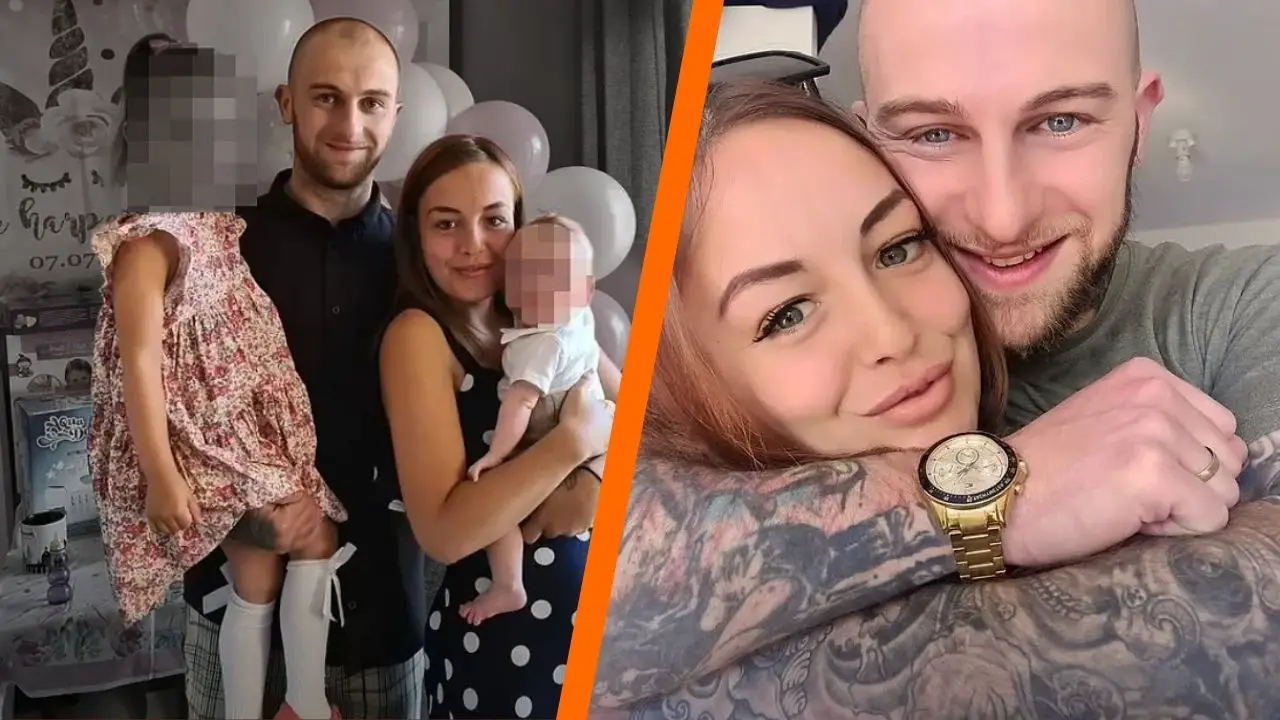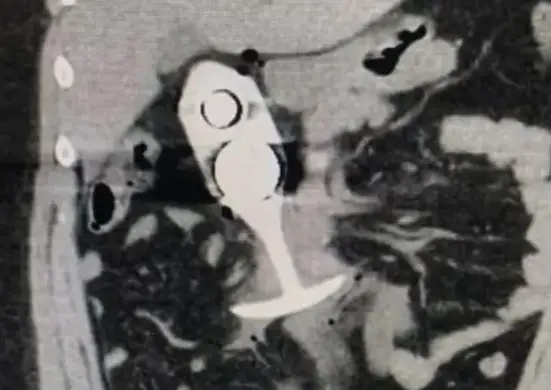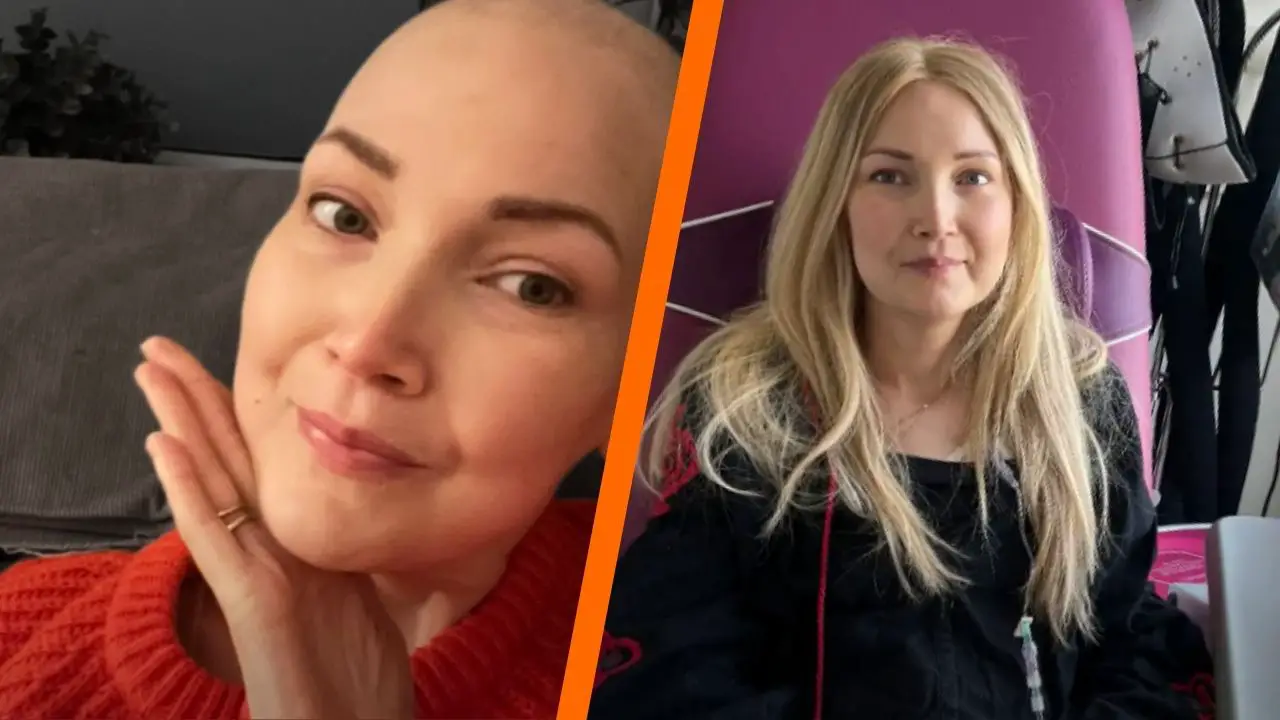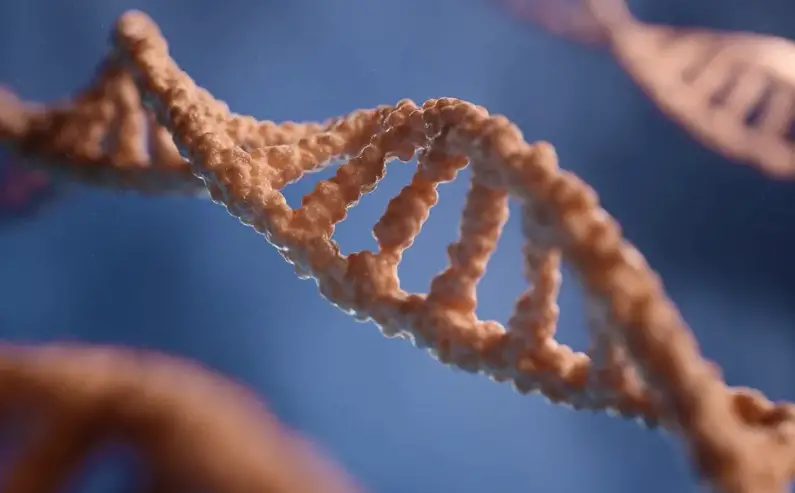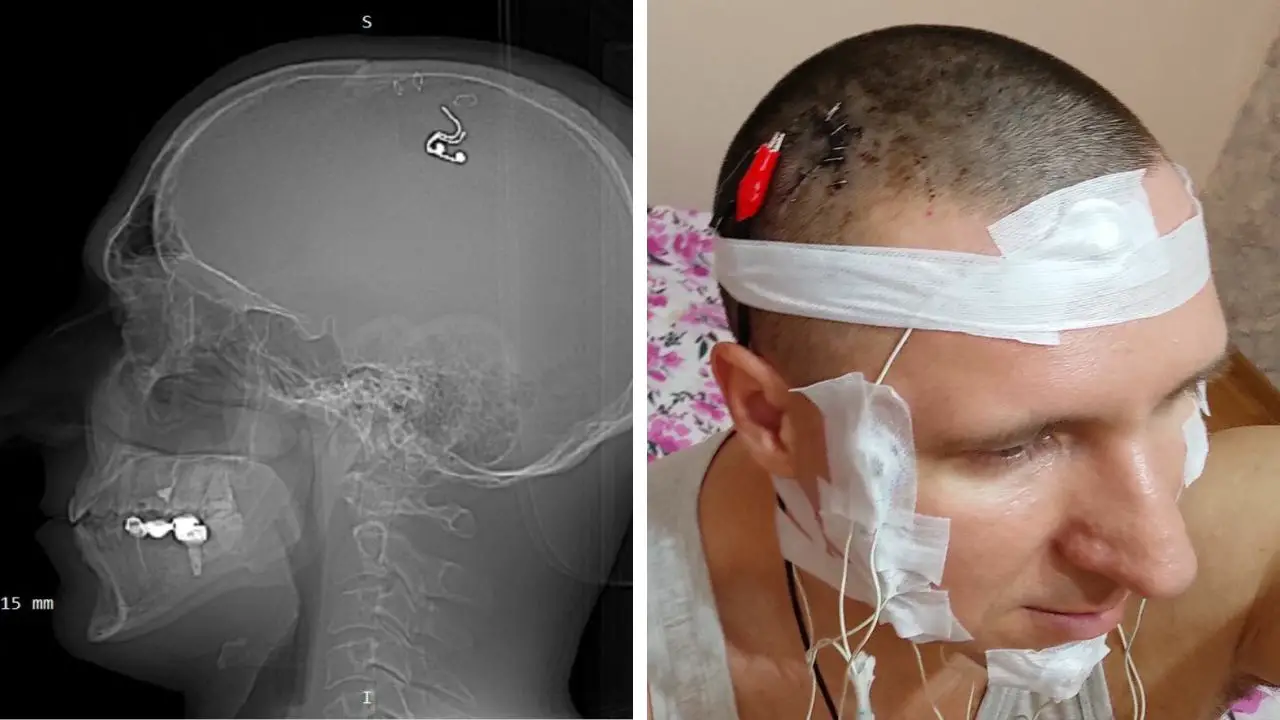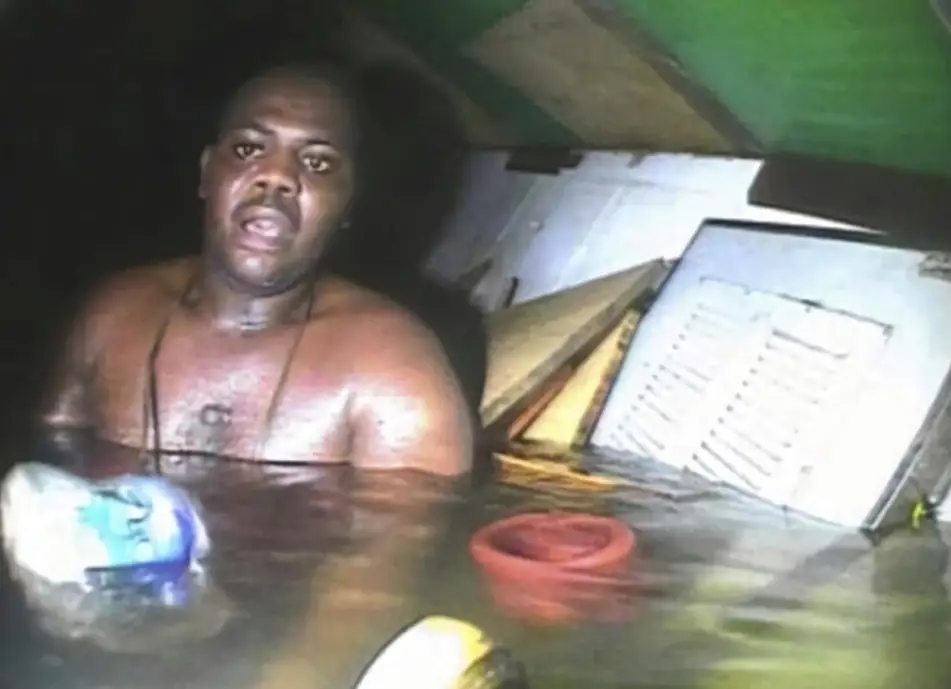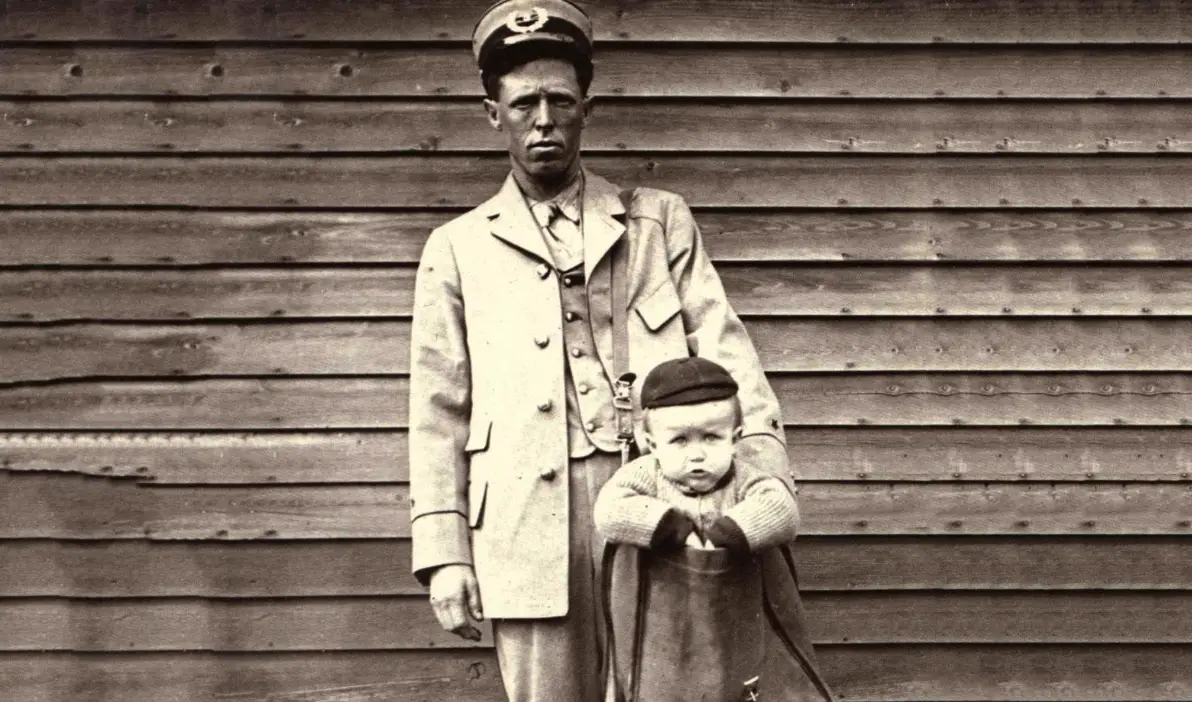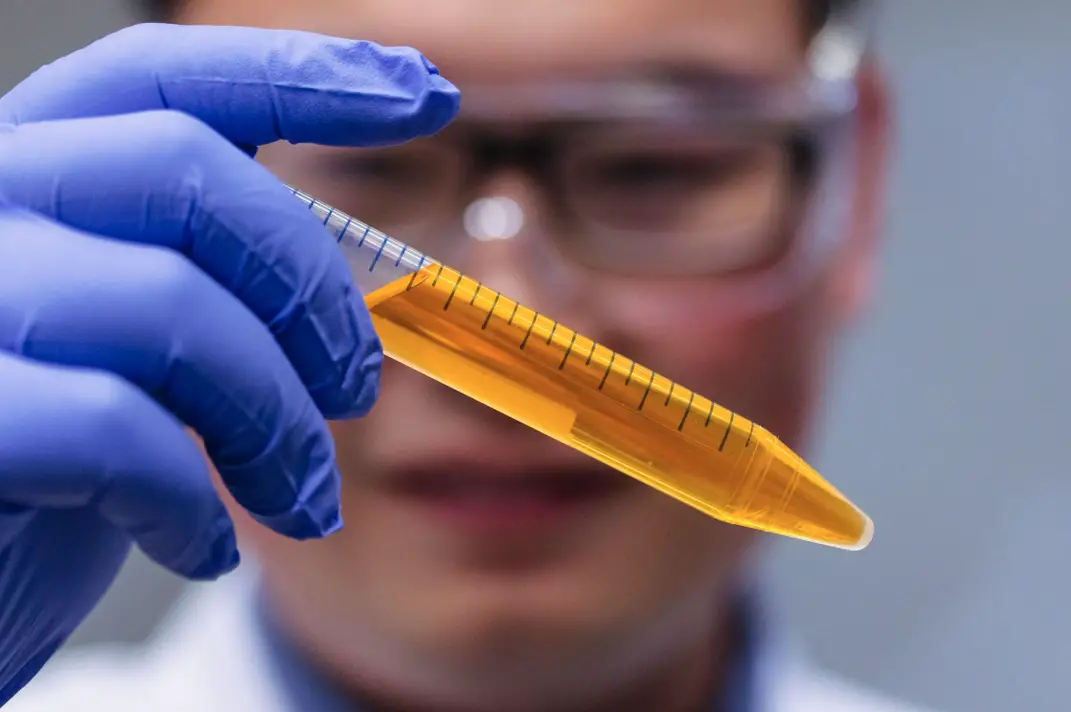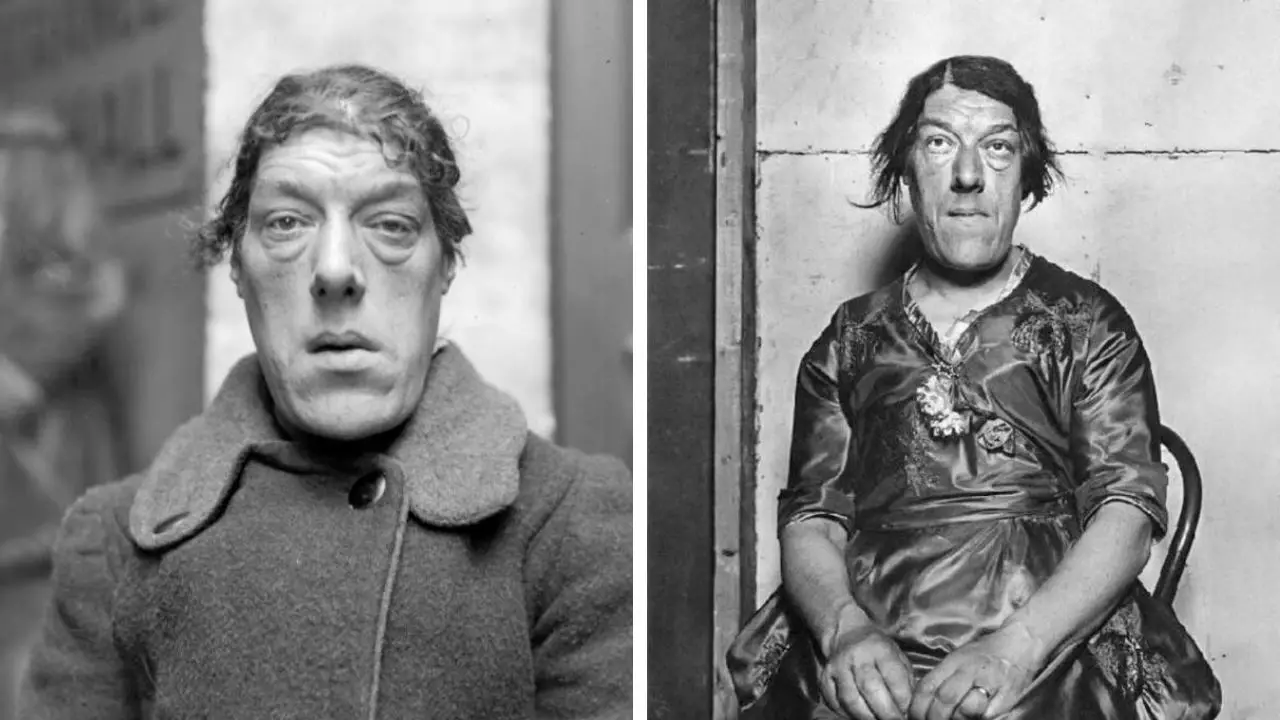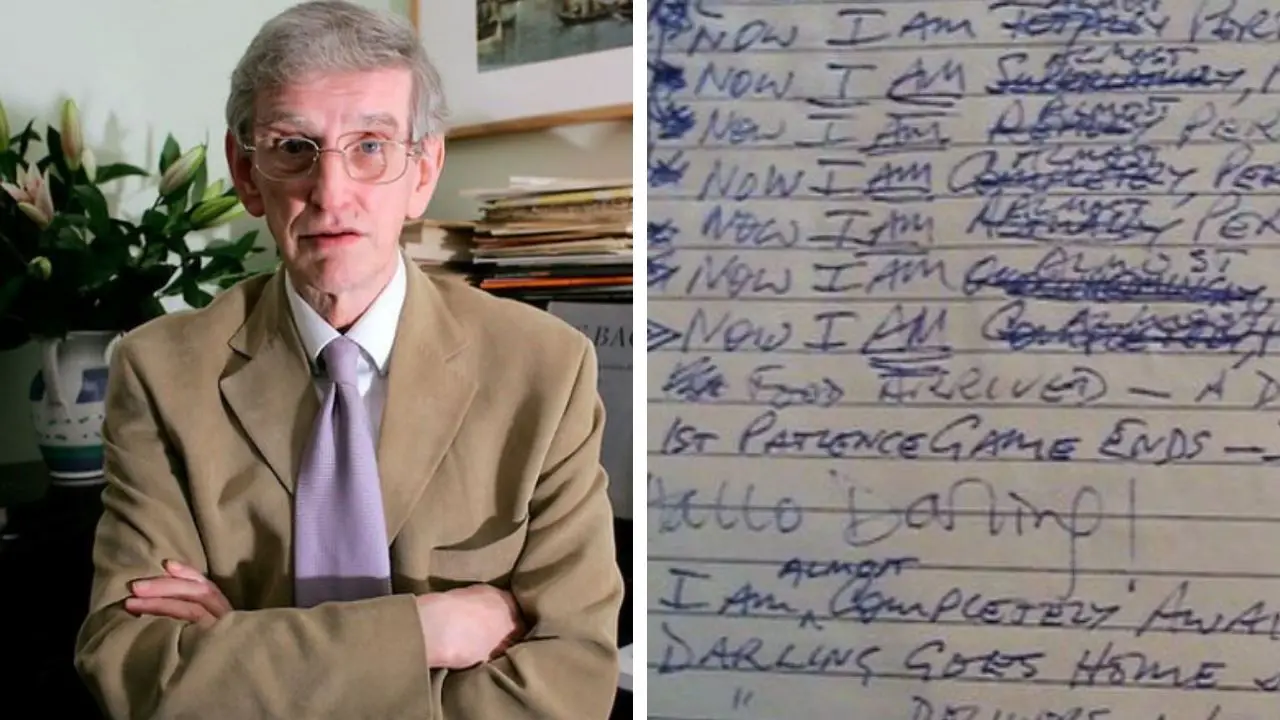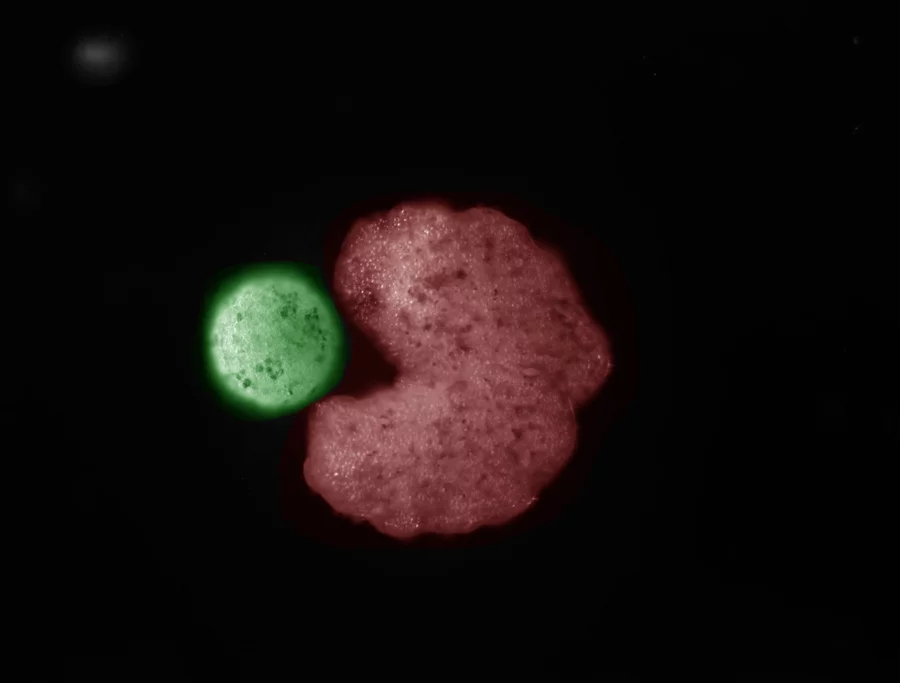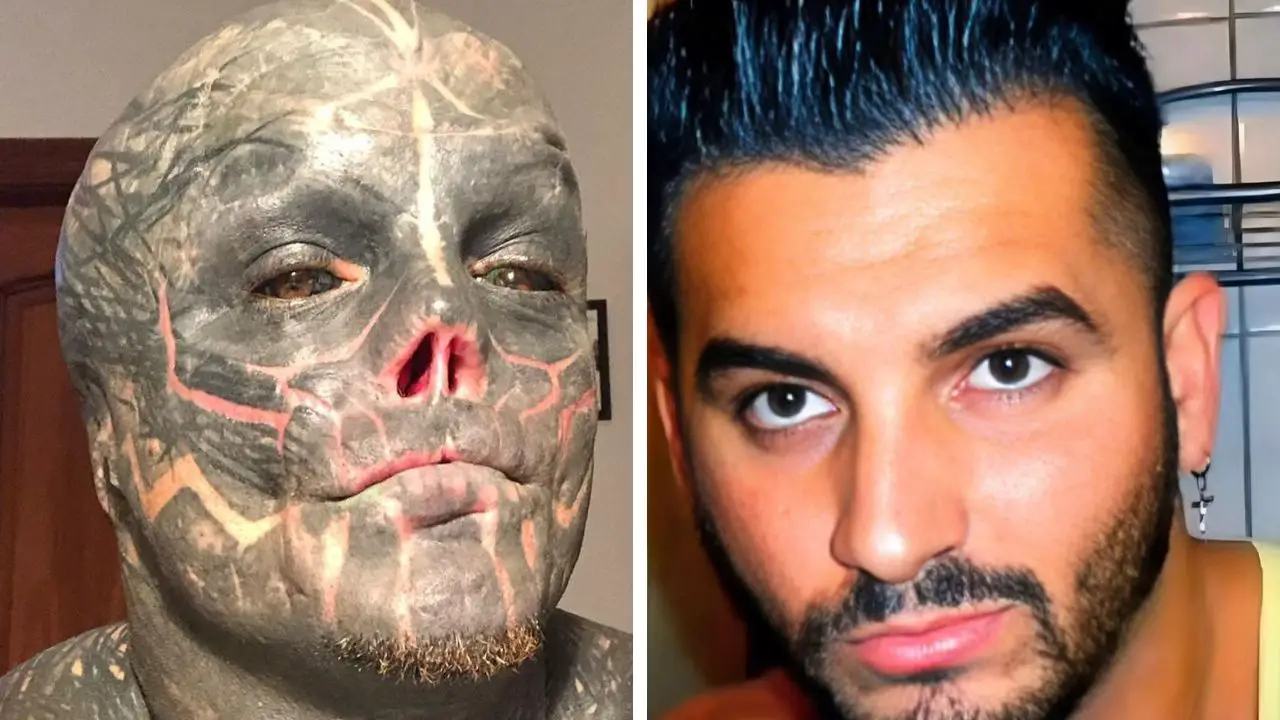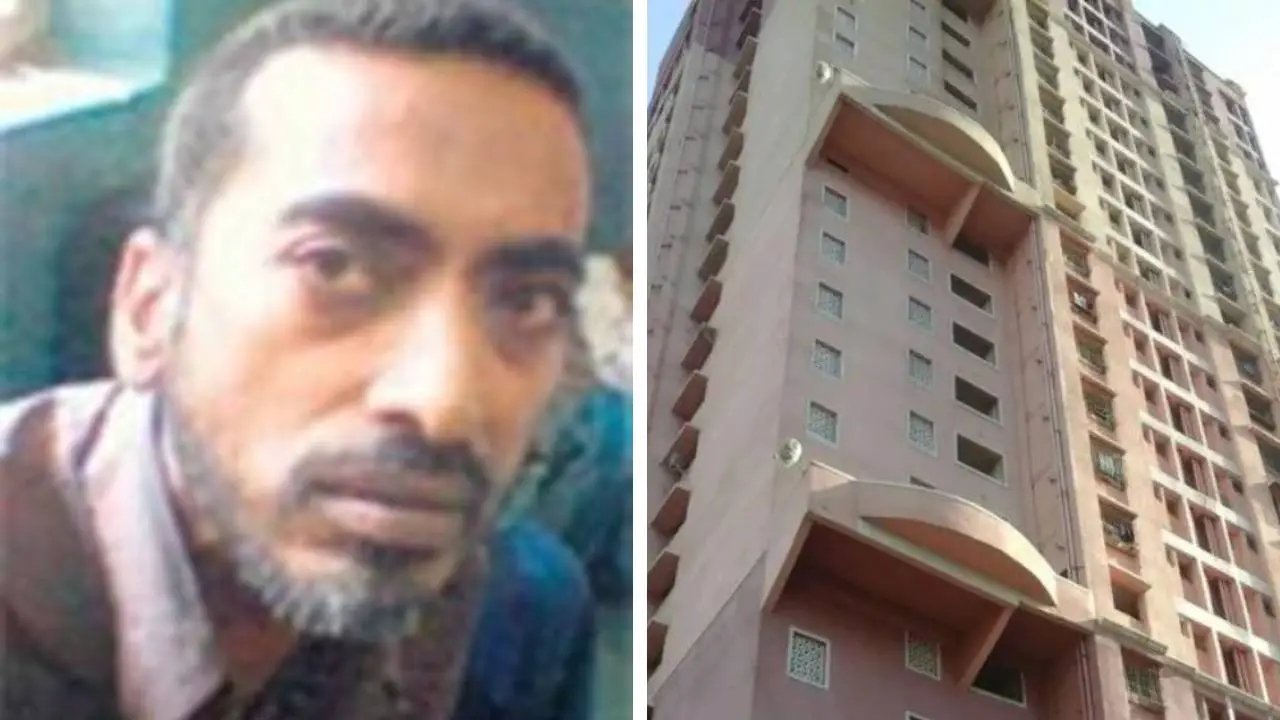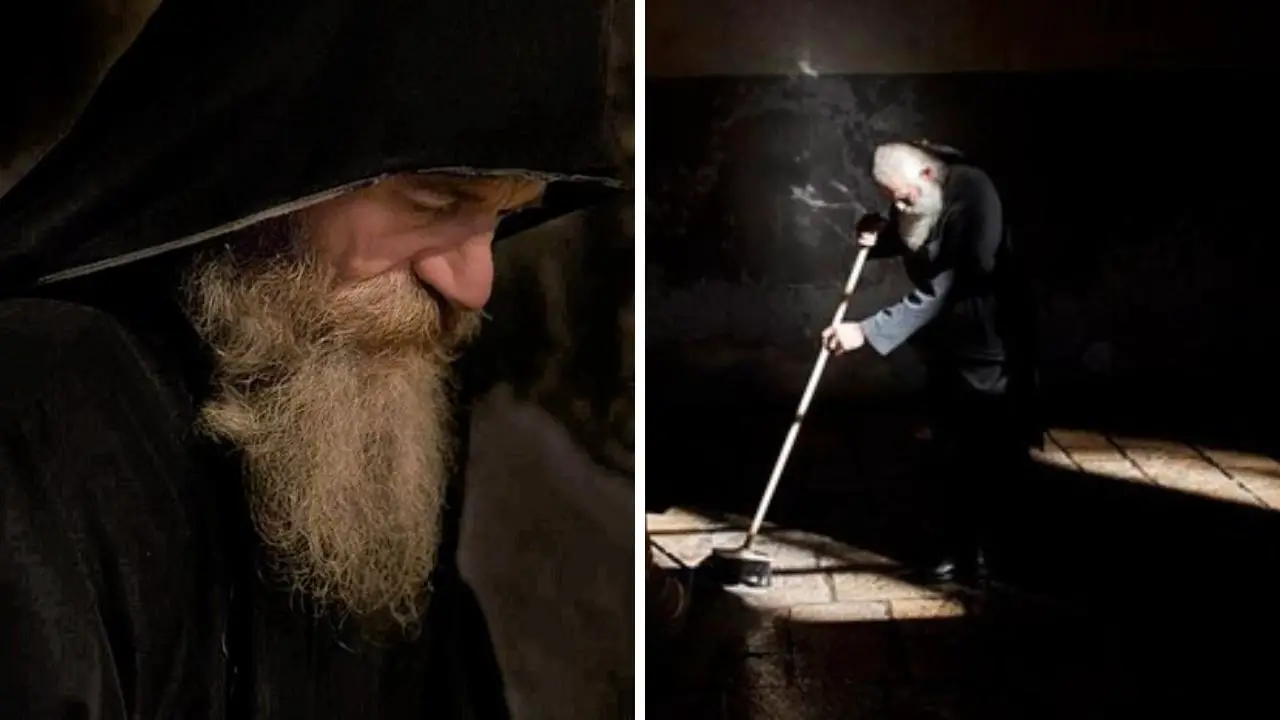Turkey’s Newborn Gang scandal: Twenty-two arrested for homicide in trafficking infants to private establishments, at least 10 babies died as a result
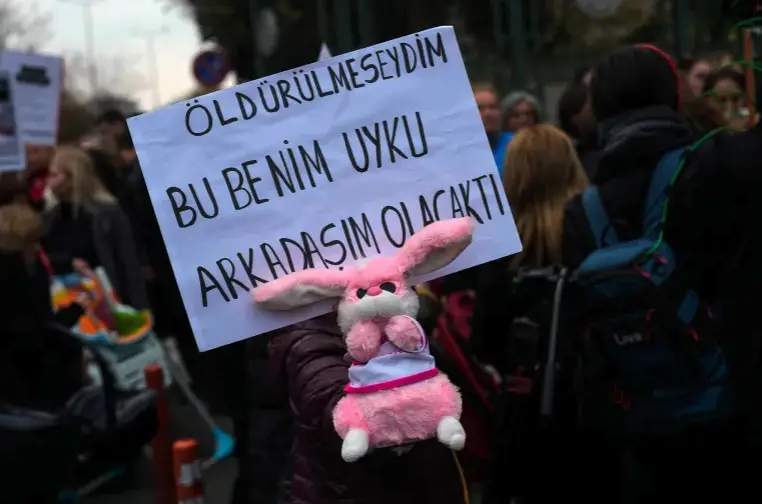
Turkey is reeling from a horrific scandal that has exposed corruption within its healthcare system. A criminal network, dubbed the “newborn gang,” allegedly trafficked infants to private hospitals for profit.
At least 10 babies died as a result. The scheme involved doctors, nurses, and emergency operators. It has sparked nationwide outrage. Families are grieving.
The public is questioning the integrity of the healthcare system. This scandal, uncovered in October 2024, has revealed systemic flaws in Turkey’s privatized healthcare model.
The Scandal Unfolds
In mid-October 2024, authorities exposed a criminal operation in Istanbul and Tekirdağ. The network operated across 20 public and private hospitals.
It involved 40 caregivers, including doctors, nurses, and stretcher-bearers. They allegedly presented false diagnoses to families.
This justified transferring newborns to private hospital neonatal units. The motive was financial.
Each day a baby stayed in intensive care earned the network 8,000 Turkish lira (about $260 USD).
The scheme defrauded the Turkish Social Security Institution (SGK) and exploited desperate families.
The operation relied on complicity from 112 emergency operators. These operators helped fabricate medical emergencies.
Babies were often sent to facilities lacking proper equipment. This increased the risk of harm.
The scandal came to light after a report to the Istanbul Provincial Health Directorate in March 2023. A probe by the Büyükçekmece Chief Public Prosecutor’s Office followed.
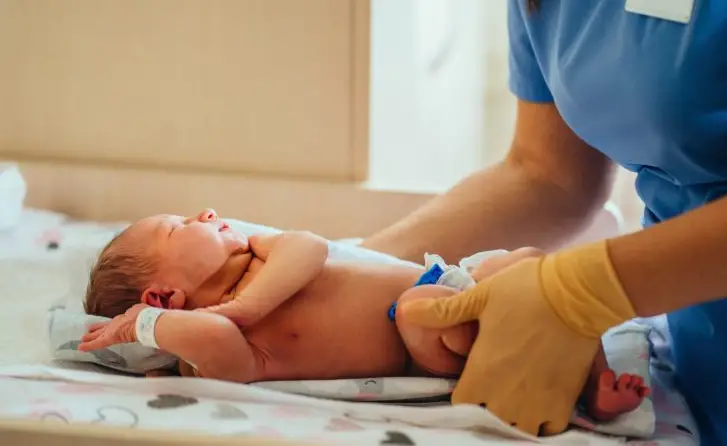
Tragic Human Toll
The scandal’s most heartbreaking aspect is the loss of infant lives. At least 10 babies are believed to have died due to the gang’s actions.
More cases may emerge as investigations continue. Families are left devastated, questioning whether their children’s deaths were preventable.
One mother, Burcu Gökdeniz, shared her grief on X. Her son died after 10 days in intensive care.
She wonders if negligence or murder caused his death. Her story resonates with many affected families.
The emotional toll is immense. Parents are grappling with betrayal by those entrusted with their children’s care.
The scandal has fueled distrust in healthcare institutions. Families are seeking answers and justice.
How the Scheme Operated
The newborn gang operated with chilling efficiency. Doctors and nurses fabricated diagnoses to justify transfers.
Emergency call center employees were bribed to support the scheme. Newborns were moved to private hospitals, often unnecessarily.
Some facilities lacked adequate equipment for critical care. The financial incentive was clear. Prolonged stays in intensive care units generated significant revenue.
The gang profited from both the SGK and families’ payments.
The scheme’s leaders allegedly included doctors Fırat Sarı and İlker Gönen, along with ambulance driver Gıyasettin Mert Özdemir.
They orchestrated the transfers to maximize profits. The operation exploited vulnerabilities in the healthcare system, particularly in emergency response protocols (Türkiye Today).
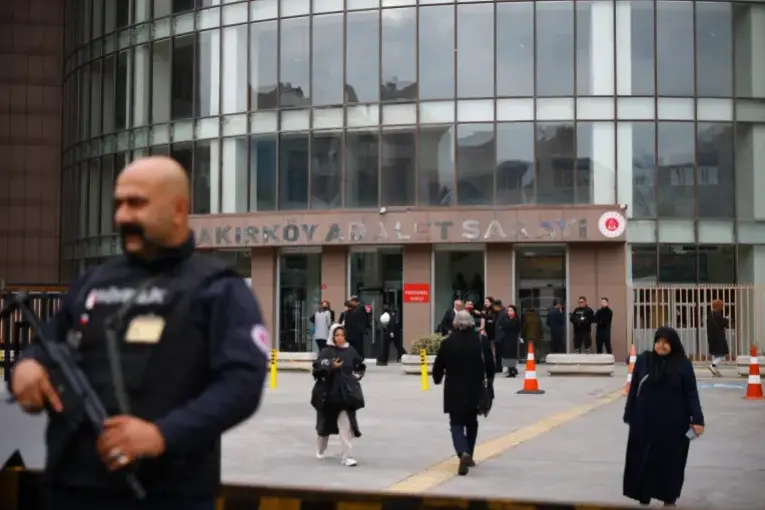
Systemic Healthcare Issues
The scandal has exposed deep flaws in Turkey’s healthcare system. The Health Transformation Program of 2003 expanded private hospitals’ role.
By 2022, private hospitals accounted for 37% of Turkey’s total hospitals. They held 54% of newborn intensive care beds.
This privatization aimed to improve access and quality. However, it also created a profit-driven environment.
Critics argue that insufficient oversight allowed unethical practices to flourish.
The scandal led to the permanent closure of 11 private hospitals. It has sparked calls for stricter regulations.
The Turkish Medical Association (TTB) has condemned the greed driving such practices.
They stand with affected families and ethical healthcare workers.
| Key Information | Details |
|---|---|
| Location | Istanbul and Tekirdağ, Western Thrace region |
| Arrests | 22 people charged with homicide |
| Total Suspects | 47, including 14 doctors and 17 nurses |
| Infant Deaths | At least 10, with potential for more |
| Financial Gain | 8,000 Turkish lira per day per baby in intensive care (~$260 USD) |
| Closed Hospitals | 11 private hospitals permanently shut down |
| Trial Start | November 18, 2024, Istanbul |
Legal Proceedings
The trial of 47 suspects began on November 18, 2024, in Istanbul. Charges include negligent homicide, fraud, and forgery.
Prosecutors are seeking 589 years in prison for the alleged ringleaders—two doctors and an ambulance driver.
The defendants include 14 doctors, 17 nurses, hospital managers, and secretaries. A 1,400-page indictment details the gang’s actions.
It describes how false diagnoses led to harmful transfers. The trial is closely watched by the public.
The legal process is a critical step toward justice. Families hope for accountability. The outcome could influence future healthcare regulations.
Public and Political Reaction
The scandal has ignited public fury. Protests outside the courthouse featured poignant banners.
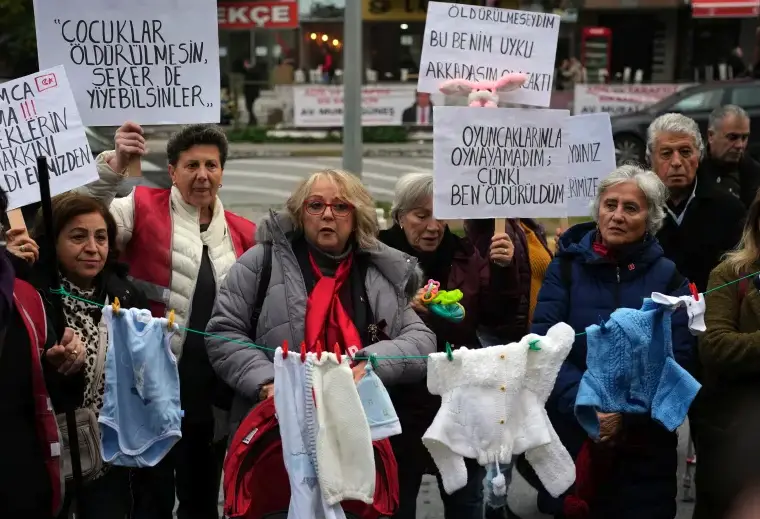
One read, “Children shouldn’t be killed, so they can eat candies.” Another stated, “If I had not been killed, this toy would have been my sleeping friend.”
These messages reflect the nation’s grief and anger (Al Jazeera).
Politically, the scandal has sparked debate. President Recep Tayyip Erdoğan defended the healthcare system.
He called the perpetrators “a few rotten apples.” Critics, including opposition parties, argue that systemic failures enabled the scandal.
They point to inadequate oversight of private hospitals. Health Minister Fahrettin Koca has promised reforms to prioritize patient safety. However, public skepticism remains high.

International Concern
The scandal has drawn global attention. The World Health Organization (WHO) expressed concern over patient safety and medical ethics.
Human rights groups have called for justice. They urge Turkey to address systemic issues to prevent future tragedies.
The international community is watching the trial closely. It could set a precedent for handling healthcare corruption.
Impact on Healthcare Reform
The scandal has fueled demands for healthcare reform. Critics argue that privatization has prioritized profit over care.
The closure of 11 hospitals is a start, but more is needed. Proposed reforms include stricter oversight of private hospitals and better training for healthcare workers.
The Turkish Medical Association advocates for ethical practices. They call for a system that prioritizes patient well-being.
The scandal has also affected healthcare workers. Pediatricians report challenges in rebuilding patient trust.
The government faces pressure to act decisively. Without meaningful change, public confidence may remain low.
The newborn gang scandal is a tragic wake-up call for Turkey. It reveals the dangers of a profit-driven healthcare system.
The trial of 47 suspects is a step toward justice. However, addressing systemic issues is crucial. Families deserve answers. The public demands accountability.
Turkey must reform its healthcare system to restore trust. This tragedy could be a turning point. It may lead to a healthcare system that prioritizes lives over profits.








